History suggests that the effects will be permanent.
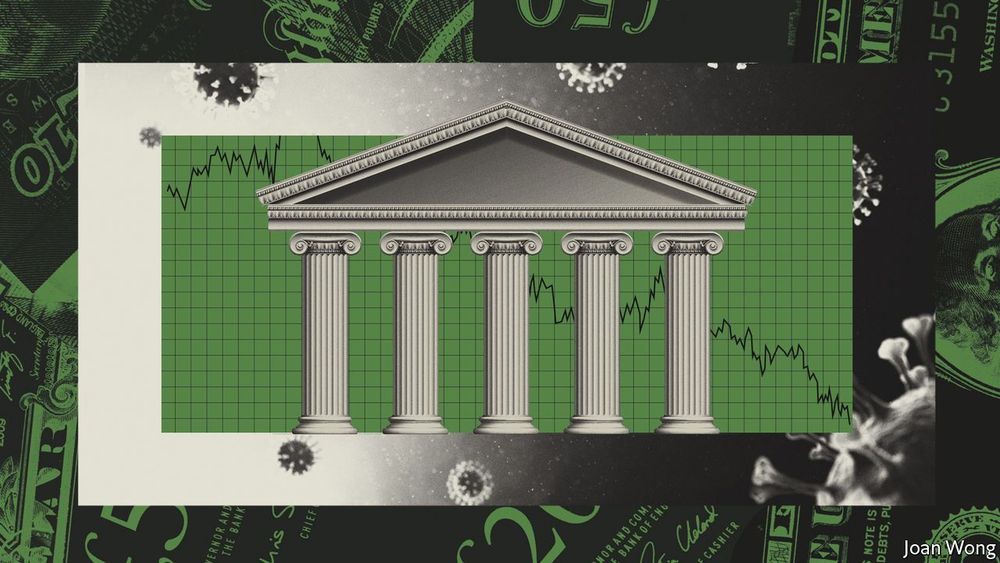

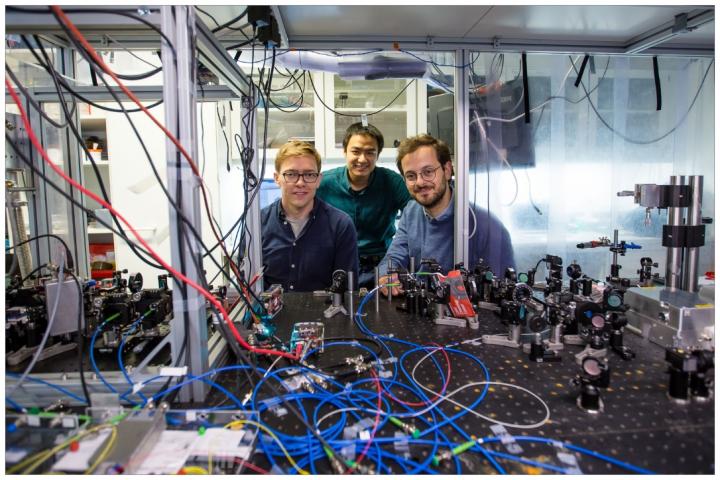
#quantum #photonics
COPENHAGEN, April 3, 2020 — Using lasers, researchers at the Niels Bohr Institute at the University of Copenhagen have developed a way to entangle electromagnetic fields from microwave radiation and optical beams. Creating entanglement between microwave and optical fields could help scientists solve the challenge of sharing entanglement between two distant quantum computers operating in the microwave regime.

Boeing flubbed the first mission of the CST-100. Seemingly a routine mission for SpaceX after completing over 20 deliveries to the International Space Station, Boeing showed how not to do it. During the December 2019 Demo flight for the Boeing Starliner CST-100, the Starliner did not reach its planned orbit. Nor did the Starliner dock to the International Space Station as planned. Boeing was able to complete a number of mission objectives during the flight to comply with the milestones related to NASA’s Commercial Crew.
On the ULA Atlas V rocket at 6:36 a.m. Friday, Dec. 20, the Boeing Starliner launched from Space Launch Complex 41 at Cape Canaveral Air Force Station in Florida. Boeing has a long rich history in both aviation and spaceflight. This mission, already three years behind in schedule, should have been a slam dunk.
After launching to the incorrect orbit, Boeing was able to successfully recover the Starliner. NASA shared that Boeing’s CST-100 Starliner spacecraft did successfully complete the first land touchdown of a human-rated capsule at the White Sands Space Harbor in New Mexico at 7:58 a.m. EST (5:58 a.m. MST) on December 22, 2019. The landing followed a deorbit burn for the botched flight, separation of the spacecraft’s service module, and successful deployment of its three main parachutes and six airbags. Boeing’s approach to the Starliner is unique as the prior US-made capsules, including the SpaceX Dragon, are water recoveries.
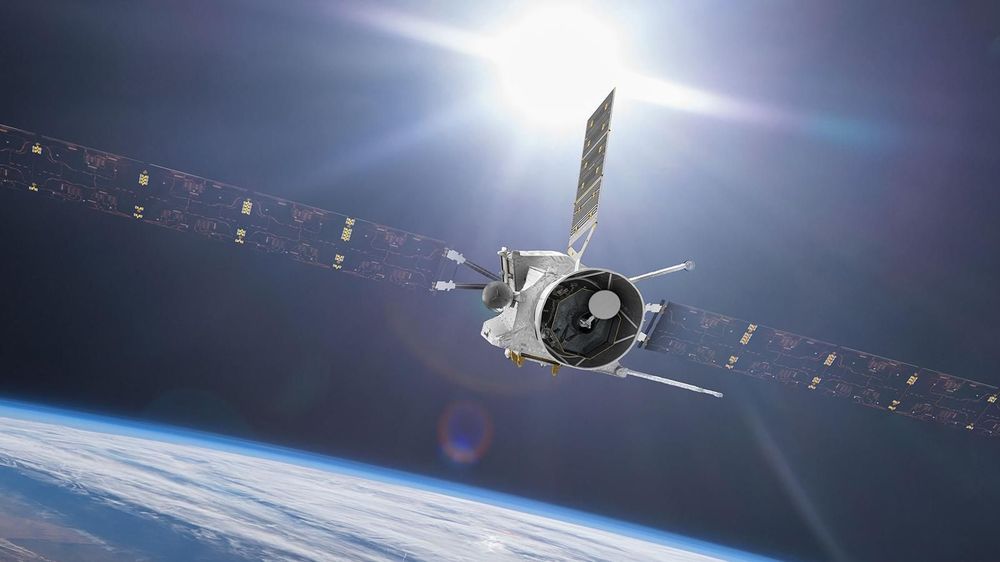

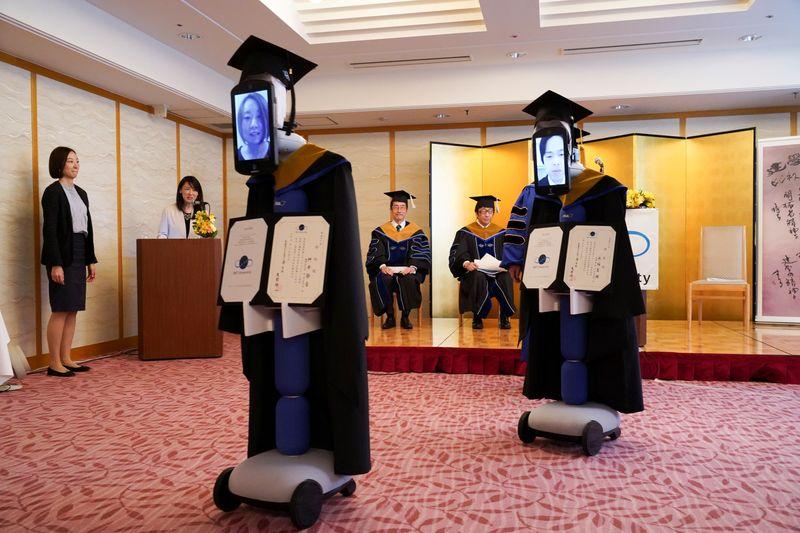
Welcome to the twilight zone.
TOKYO (Reuters) — Spring graduation ceremonies in Japan have been cancelled because of the coronavirus pandemic, but students at one school were able to attend remotely by controlling avatar robots while logged on at home.
The robots, dubbed “Newme” by developer ANA Holdings, were dressed in graduation caps and gowns for the ceremony at the Business Breakthrough University in Tokyo.
The robots’ “faces” were tablets that displayed the faces of the graduates, who logged on at home and controlled the robots via their laptops.

The ruling is likely to lead to the final authorisation of their sale across the EU as a “novel food” by as soon as the autumn, opening up opportunities for mass production of a range of insect dishes to be sold across Europe for the first time.
Food safety agency’s decision could put mealworms, locusts and baby crickets on menus.
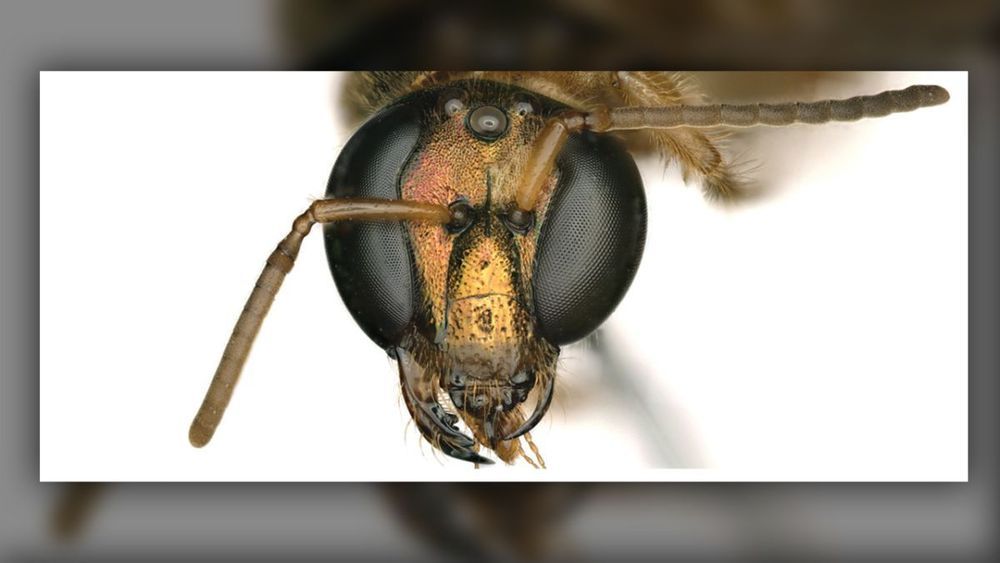
Gynandromorphy produced a bee with half of its body displaying female features, and the other half of its body showing male traits.
Rare bee has a body that’s half-male, half-female, and split exactly down the middle : Read more
“When the nest was collected, the bee was a larva enclosed in a brood cell, a chamber in the honeycomb where young bees grow,…” Megalopta, or sweat bees do not form honeycomb. These bees nest in excavations in dead wood. https://www.researchgate.net/figure/Cut-away-view-of-a-nest-…_227655294
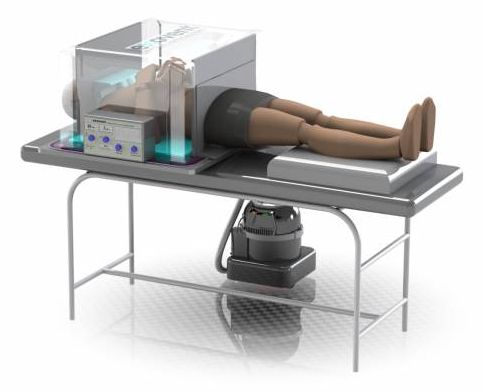
British engineers are developing a modern version of the Negative Pressure Ventilator (NPV), more popularly known as the “iron lung,” to provide COVID-19 patients under the care of the NHS with a simple, inexpensive alternative to ventilators.
One of the resources that is in critically short supply for treating COVID-19 patients in need of respiratory support is ventilators. They help to support breathing in people whose lungs have been heavily affected by the virus, but these machines face a number of problems.
The most obvious difficulty is that ventilators are in short supply across the world as health authorities scramble to secure enough to meet the current and estimated demand as the pandemic spreads. They are also complex, expensive, require monitoring by trained personnel, and are dangerous to use on even healthy people because they require the patient to be intubated and sedated, and sometimes even paralyzed.
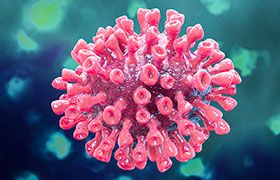
Is you wear a facemask please keep this in mind:
1. The Coronavirus can live on the outside of your mask for up to 7 days.
https://www.thelancet.com/journals/lanmic/article/PIIS2666&#…3/fulltext
2. Don’t touch your mask.
3. Wash your hands frequently.
Here, we report the stability of SARS-CoV-2 in different environmental conditions.